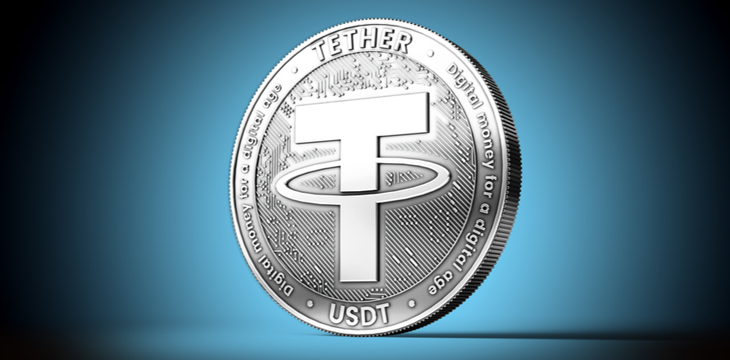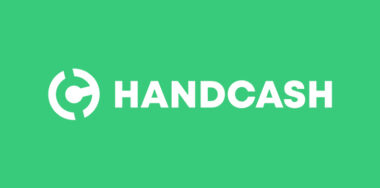Ever since it was first introduced, there have been questions about the legitimacy of the Tether (USDT) stablecoin. Supposedly backed by a full bank of U.S. dollars that held a one-to-one ratio to each token issued, many attempts at having Tether verify the holdings have repeatedly resulted in nothing more than excuses as to why a complete audit would be “too complicated.” The latest to come out of the Tether world is extremely unsettling, as the organization all but admits that the stablecoin is no longer pegged to the U.S. dollar.
A user on Reddit points out that Tether’s official description has been changed. Where it used to verify that each token was backed by U.S. dollars (USD), it now just reads (emphasis from the original post), “Every tether is always 100% backed by our reserves, which include traditional currency and cash equivalents and, from time to time, may include other assets and receivables from loans made by Tether to third parties, which may include affiliated entities (collectively, “reserves”). Every tether is also 1-to-1 pegged to the dollar, so 1 USD₮ is always valued by Tether at 1 USD.”
That very succinctly indicates that the stablecoin is longer based on the U.S. dollar (previously, the description stated that it was equivalent to one USD. Tether admits that one USDT “is always valued by Tether…,” which means that Tether is set to control the value. This is exactly what happens with fiat, whose value is controlled by governments or government-backed entities and is one of the main reasons crypto was created – to take control out of the hands of the government and put it in the hands of the consumer.
Many have argued for more than a year that Tether was insolvent, a claim fueled by the lack of willingness on the organization’s part to produce a full audit. The closest it has come was when it released a memo last year stating that it had $23 million more in assets than it had in liabilities.
Tether is closely tied to the Bitfinex exchange, which has also caused some concern. A representative from the company has come to the defense of Tether in the past, asserting to Bitcoin Magazine, “From time to time, Tether reviews its Terms of Service and Risk Disclosures to ensure that they remain appropriate and up to date. Our most recent revisions were intended to update our disclosures to reflect Tether’s growth and operations and to be consistent with the types of disclosures used by other institutions. The only change is that the composition of the assets that provide that backing includes a combination of cash, cash equivalents, and may also include other assets or receivables from loans issued by Tether.”
It’s time for Tether to be held accountable and for it to be forced to reveal the true nature of its finances and holdings. USD Coin, TrueUSD, Paxos Standard and Gemini USD have already stepped up to provide their positions on order to boost their credibility and Tether must be forced to do the same before millions of dollars more are permanently lost.
New to blockchain? Check out CoinGeek’s Blockchain for Beginners section, the ultimate resource guide to learn more about blockchain technology.







